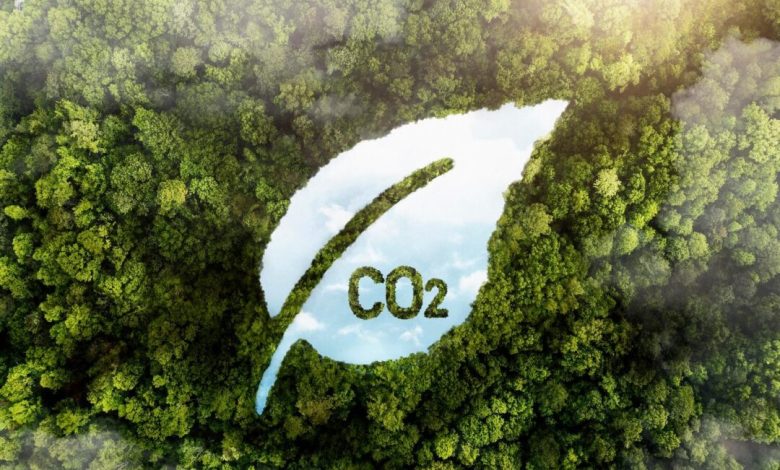
DAR ES SALAAM, Dec 3 (NNN-DAILYNEWS) — Tanzania National Parks (TANAPA) and Carbon Tanzania (CT) have signed a ground-breaking Memorandum of Understanding (MoU) aimed at implementing a transformative carbon project across six national parks.
The deal is anticipated to foster a fruitful partnership that will not only protect the country’s invaluable natural heritage but also contribute significantly to global climate action.”
The designated national parks; Burigi-Chato, Katavi Plains, Ugalla River, Mkomazi, Gombe Stream and Mahale Mountains; encompass a total area of 1.8 million hectares, making it the largest land-based carbon initiative in East Africa.
The carbon project will focus on the protection, conservation, and enhanced management of these national park areas, safeguarding their natural ecosystems and vital wildlife resources.
With renowned parks like the Serengeti and Kilimanjaro under its stewardship – TANAPA is one of Africa’s leading conservation organizations and is well-positioned to collaborate on such a transformative carbon initiative.
The project will start with a feasibility study, where TANAPA and Carbon Tanzaniaaim to determine the potential number of carbon credits that can be generated from each area and devise a robust business model and management plan to ensure the project’s long-term financial viability and sustainability.
This will set a strong precedent for further investment in additional national parks across Tanzania.
Marc Baker, Co-founder and CEO, Carbon Tanzania said: “Our innovative approach and unique business model is dedicated to conserving natural resources. We have extensive experience in collaboration with various levels of the Tanzanian government, from villages to districts and at a national level.Carbon Tanzania is the first, and only company, in Tanzania to develop carbon projects based on forestconservation and successfully channel revenues to local communities in Karatu, Mbulu, Tanganyika, Namtumbo, Tunduru and Kiteto Districts through three operational projects.”
Carbon Tanzania will leverage its network of international investment to provide an opportunity for TANAPA to access additional revenues, bolstering its capacity to manage the increasing number of protected areas it oversees.
Five members of the Carbon Tanzania team are attending COP28 at the invitation of the Tanzanian government. They will be promoting market-based approaches to community-led conservation and the importance of public-private partnerships to scale nature-based solutions to the climate. An Indigenous community member has been included in the small delegation to emphasis the critical role Indigenous people and local communities play in protecting nature locally while mitigating global climate change.
Carbon Tanzania’s founders have over 10 years of experience in the global Voluntary Carbon Market (VCM), establishing a vast network of partners with expertise in finance, legal matters, and technical approaches. This network will facilitate the development of this large-scale carbon project, aligning with the Paris Agreement’s provisions for public-private partnerships to meet Nationally Determined Contributions (NDCs).
Additional project investment will come from Tanzanian conglomerate Mohammed Enterprises Tanzania Limited (MeTL), an agricultural, manufacturing and trading company established in the 1970s, with a regional presence in 6 countries across East Africa. MeTL’s experience in business at scale on the African Continent will strengthen the implementation of the carbon project. Mohammed
Marc concludes: “The MoU signing marks a momentous step towards a greener and more sustainable future for Tanzania’s national parks.
In line with Carbon Tanzania’s community-led approach, global best practices for Free Prior and Informed Consent (FPIC) have been meticulously followed, setting the groundwork for a comprehensive and successful feasibility study. The anticipated results of the study will enable the creation of an internationally certified carbon project, marking a significant milestone in sustainable conservation efforts. — NNN-DAILYNEWS



